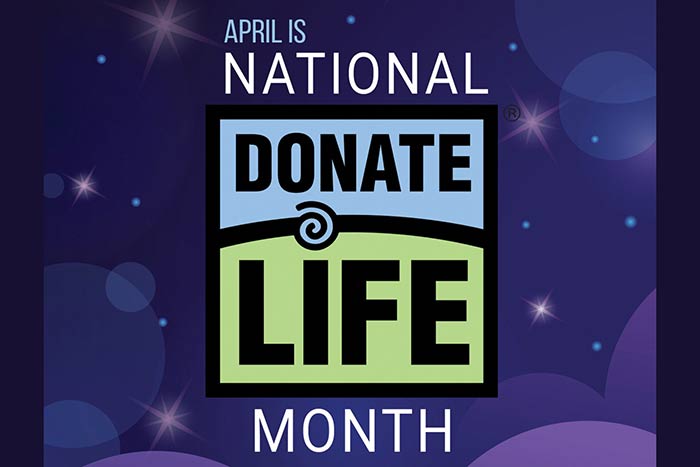Organ transplantation is one of the greatest advances in modern medicine. Just the idea of replacing an organ in the body with another one via transplant is an overwhelming concept. Therefore, it is no surprise that those who are faced with a condition that may require one may feel scared and helpless. If you or a family member are facing an organ transplant in the near future, here are a few suggestions to help you choose the right transplant center for your care.
One of the biggest decisions you will make is choosing a center to have your transplant surgery. With more than 250 transplant centers in the U.S., where do you start? Many patients simply choose the facility closest to them, but there are several questions you should ask before making your final decision on a transplant center:
- What is the transplant center’s experience with performing transplant (transplant surgery volumes), and what are their survival outcomes?
- Is the center within the network of your health insurance?
- If the center is not close to your home, can your family/support system stay near the transplant center without causing an undue burden?
- Can you easily reach the transplant center for all appointments before and after the transplant?
- Do you feel comfortable speaking with physicians and the transplant team?
The first question on the list is one of the most important factors when making the decision. Finding and understanding transplant volume and survival outcomes data can be complicated, but the good news is that there is a resource that exists to help you. And it is right at your fingertips. The Scientific Registry of Transplant Recipients (SRTR) provides a website that lists patient and graft survival outcomes for each transplant program across the nation in an easy-to-understand format. Before making your decision, be sure to visit the SRTR website and review your program’s data.






